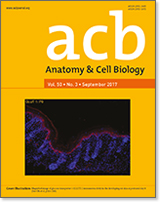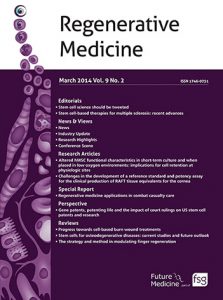 Title: Naringin Alleviates Diabetic Kidney Disease through Inhibiting Oxidative Stress and Inflammatory Reaction
Title: Naringin Alleviates Diabetic Kidney Disease through Inhibiting Oxidative Stress and Inflammatory Reaction
What Caught Our Attention: PLOS ONE had a few reasons for retracting a 2015 paper about a treatment for kidney disease due to diabetes: For one, despite what the paper claims, the authors did not obtain ethical approval to conduct the reported animal experiments. In addition, the corresponding author had no idea the paper had been submitted and published. How could a corresponding author be kept in the dark? It turns out, the journal was given an incorrect email address for him, so he didn’t receive any communications around the paper. (One author apparently used a third party editing company.) Continue reading Caught Our Notice: Forged email for corresponding author dooms diabetes paper



 Here’s a head-scratcher: A 2017 paper examining why long space flights can cause eye damage has been taken down, with a brief note saying NASA, which sponsored the research, asked for the retraction because of “security concerns.”
Here’s a head-scratcher: A 2017 paper examining why long space flights can cause eye damage has been taken down, with a brief note saying NASA, which sponsored the research, asked for the retraction because of “security concerns.”

